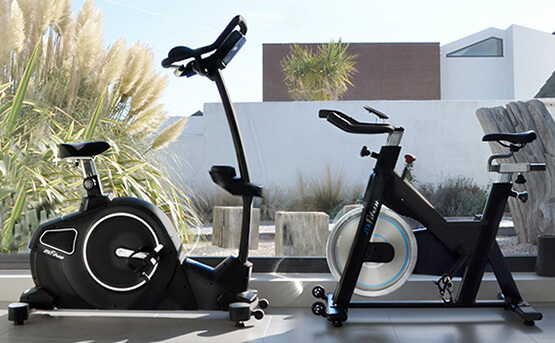Energy Drinks vs. Pre-Workout — Which Is Best For Gym Performance?

When it comes to fueling your gym performance, there are countless options on the shelves, but two popular choices stand out: energy drinks and pre-workout supplements. Both are designed to give you a boost, but they do so in different ways, with varying ingredients that can affect your workout intensity, duration, and even recovery. So, which is the best choice for optimizing your gym sessions? Let’s break it down.
Energy drinks are beverages that contain ingredients purported to boost energy and mental alertness. The most common active ingredient is caffeine, which can help to increase endurance and reduce the perception of effort during exercise. They may also contain sugar, herbal extracts, taurine, B vitamins, and amino acids. Energy drinks are easily accessible, ready-to-drink, and offer a quick pick-me-up that can be appealing for spontaneous workouts or when you’re on the go.
On the other hand, pre-workout supplements are specifically designed to maximize your performance during your workout. They typically come in powder form that you mix with water and drink before exercise. Pre-workouts often boast a blend of amino acids such as beta-alanine and L-citrulline, creatine, nitric oxide precursors, vitamins, minerals and caffeine as well. The combination is aimed not just at boosting energy but also at enhancing blood flow—promoting better oxygen delivery to muscles—and at buffering lactic acid build-up.
The choice between an energy drink and a pre-workout ultimately depends on your individual goals and needs. Energy drinks may suffice for those seeking a simple boost in energy and alertness but might come with higher sugar content which could lead to a crash post-workout. They might also lack specific workout-enhancing components found in pre-workouts.
For those focusing on muscle gain or looking for an edge in high-intensity workouts, a pre-workout may be worth considering. The targeted ingredients can help improve performance metrics like strength, power output and stamina while possibly reducing muscle soreness after workouts due to enhanced recovery ingredients.
Safety considerations should also play a part in your decision-making process since both products contain stimulants like caffeine. Checking the label for caffeine content and knowing your own tolerance will help you avoid overconsumption which could lead to jitters, insomnia or elevated heart rate.
In conclusion, while both energy drinks and pre-workout supplements can offer benefits for gym performance; pre-workouts hold an edge due to their tailored formulations aimed at enhancing various aspects of exercise performance and recovery. As always, individual responses can vary greatly so it’s wise to start with smaller doses to assess tolerance and consulting with a healthcare provider if you have any concerns or health conditions that may be affected by stimulants or other ingredients within these products.





